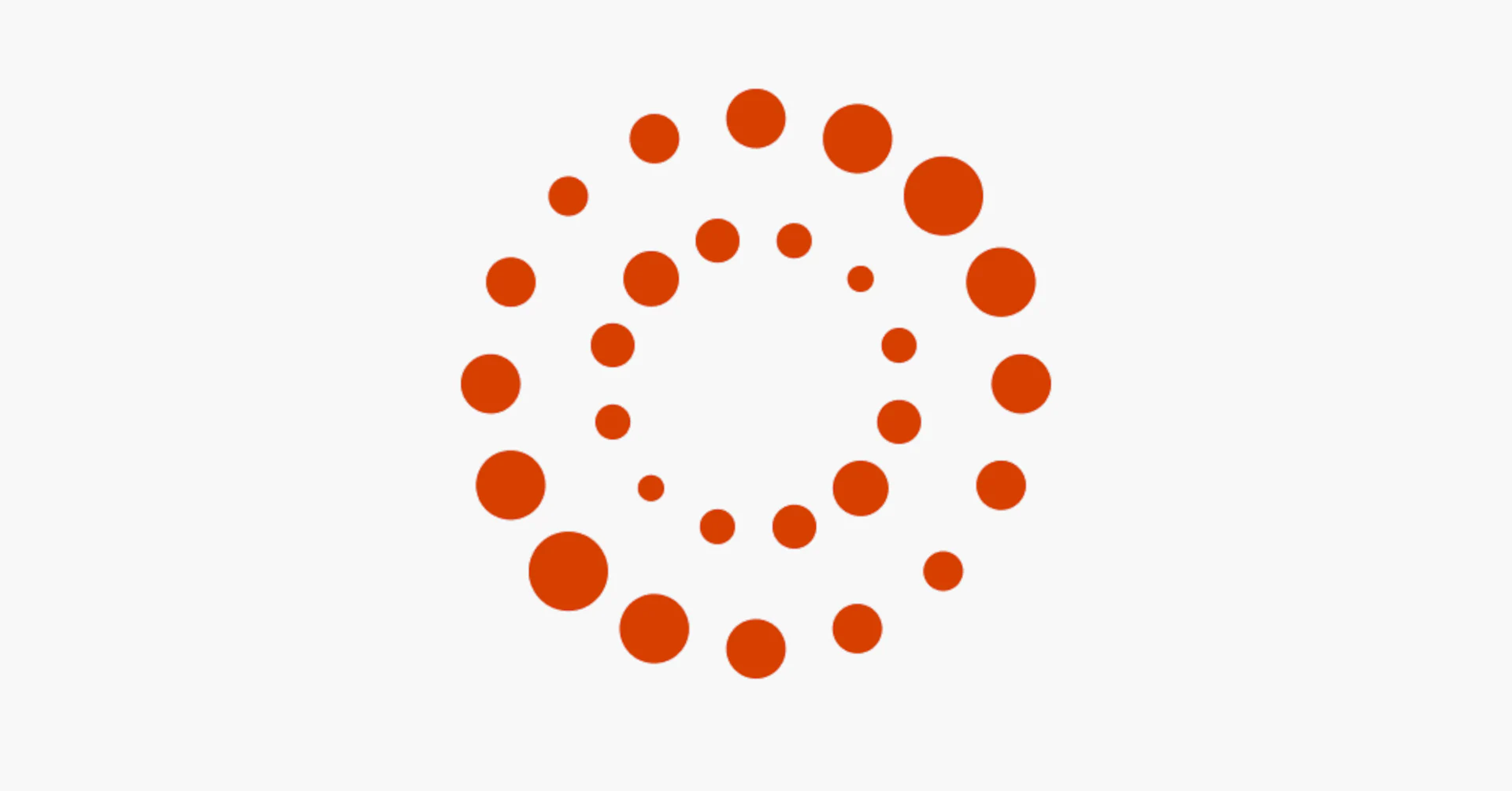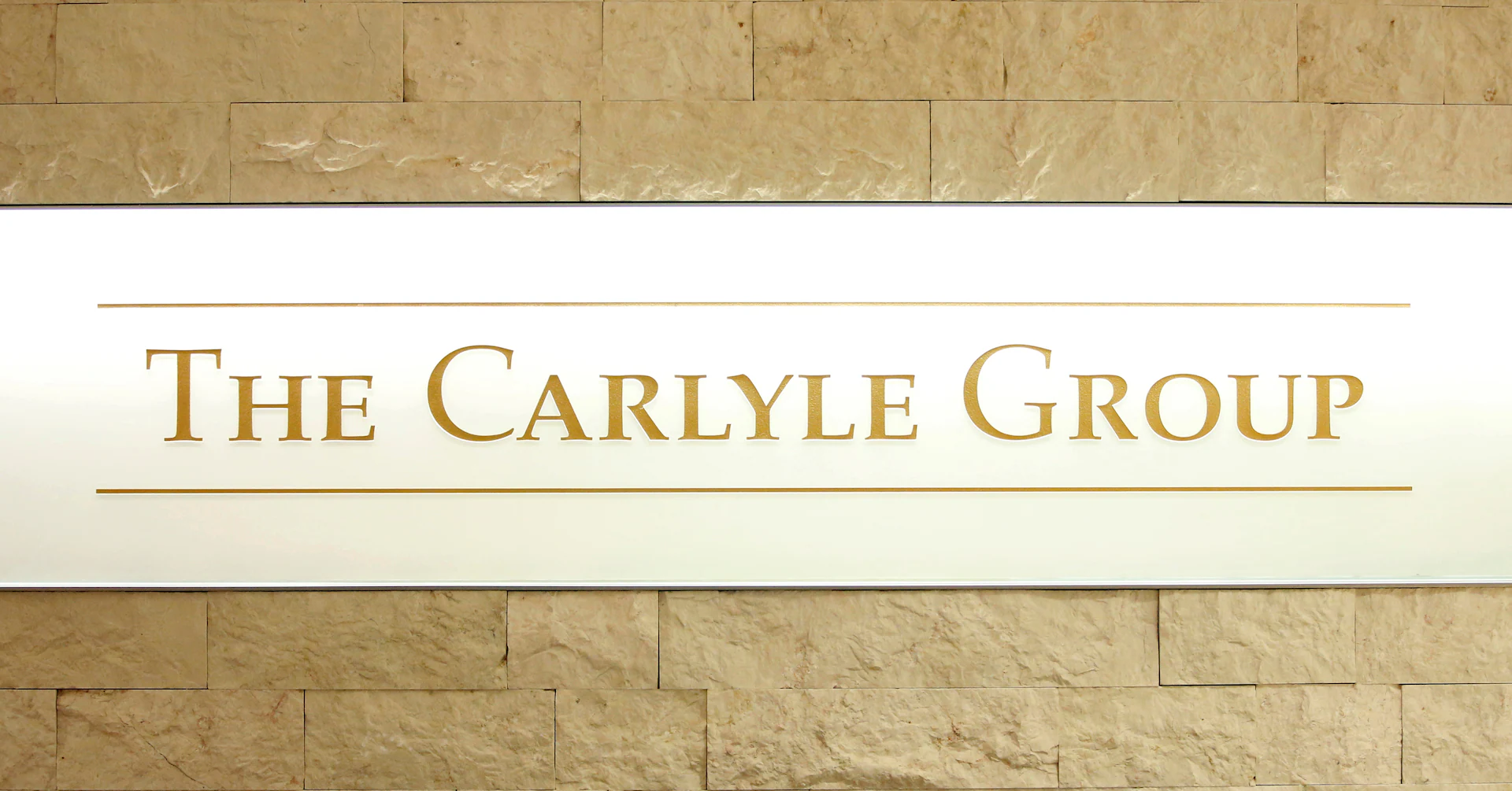
Sept 22 (Reuters) – Swiss AI lab Giotto.ai is seeking to raise funding at a valuation above $1 billion, pitching itself as Europe’s latest contender in the race for artificial general intelligence (AGI), people familiar with the matter told Reuters.
Sign up here.
The company told prospective investors that the capital will be used to invest in AI research, build its first commercial prototypes with enterprise and government clients, as well as open source some of its core technology, the sources said.
Giotto and Lazard declined to comment.
The fundraising will test investor appetite for a new entrant outside Silicon Valley in a crowded push to develop frontier models. U.S. AI labs such as OpenAI and Anthropic have already raised billions of dollars.
AI funding in Europe has also been heating up as the region seeks to cultivate its homegrown AI leaders outside the race between the U.S. and China and pushes for digital sovereignty.
Paris-based Mistral AI this month raised 1.7 billion euros ($2 billion) in its latest funding round at a valuation of over $14 billion (€11.7 billion), with 1.3 billion euros ($1.5 billion) from Dutch chip equipment maker ASML.
Giotto was launched in 2017 by CEO Aldo Podesta. The company has raised CHF 15 million ($19 million) since its founding, and it sold its medical device compliance product to medtech company RQM+ in 2022.
Giotto says its research ability is showcased in its leading position in the constrained Kaggle ARC-AGI-2 leaderboard with a 25% score, and claims a markedly lower cost per task than larger labs.
ARC-AGI-2 tests a model’s ability to infer rules from a handful of examples, skills seen as early signals of general reasoning. A higher score suggests the system can generalize to unfamiliar problems, a capability viewed as a proxy for progress toward more capable, reliable AI.
Giotto competes in Kaggle’s fixed‑resource track, where every entrant runs inside the same sandbox — no internet access, a 12‑hour time limit and a standard hardware budget. That differs from the separate, unconstrained ARC Prize website used by major labs such as OpenAI and xAI, where teams can use larger models and far more compute to chase peak accuracy.
Reporting by Milana Vinn in New York and Krystal Hu in San Francisco Editing by Marguerita Choy
Our Standards: The Thomson Reuters Trust Principles., opens new tab
Milana Vinn reports on technology, media, and telecom (TMT) mergers and acquisitions. Her content usually appears in the markets and deals sections of the website. Milana previously worked at GLG and PE Hub, where she spent several years covering TMT deals in private equity. She graduated from CUNY Graduate School of Journalism with Masters in Business Journalism.
Krystal reports on venture capital and startups for Reuters. She covers Silicon Valley and beyond through the lens of money and characters, with a focus on growth-stage startups, tech investments and AI. She has previously covered M&A for Reuters, breaking stories on Trump’s SPAC and Elon Musk’s Twitter financing. Previously, she reported on Amazon for Yahoo Finance, and her investigation of the company’s retail practice was cited by lawmakers in Congress. Krystal started a career in journalism by writing about tech and politics in China. She has a master’s degree from New York University, and enjoys a scoop of Matcha ice cream as much as getting a scoop at work.



